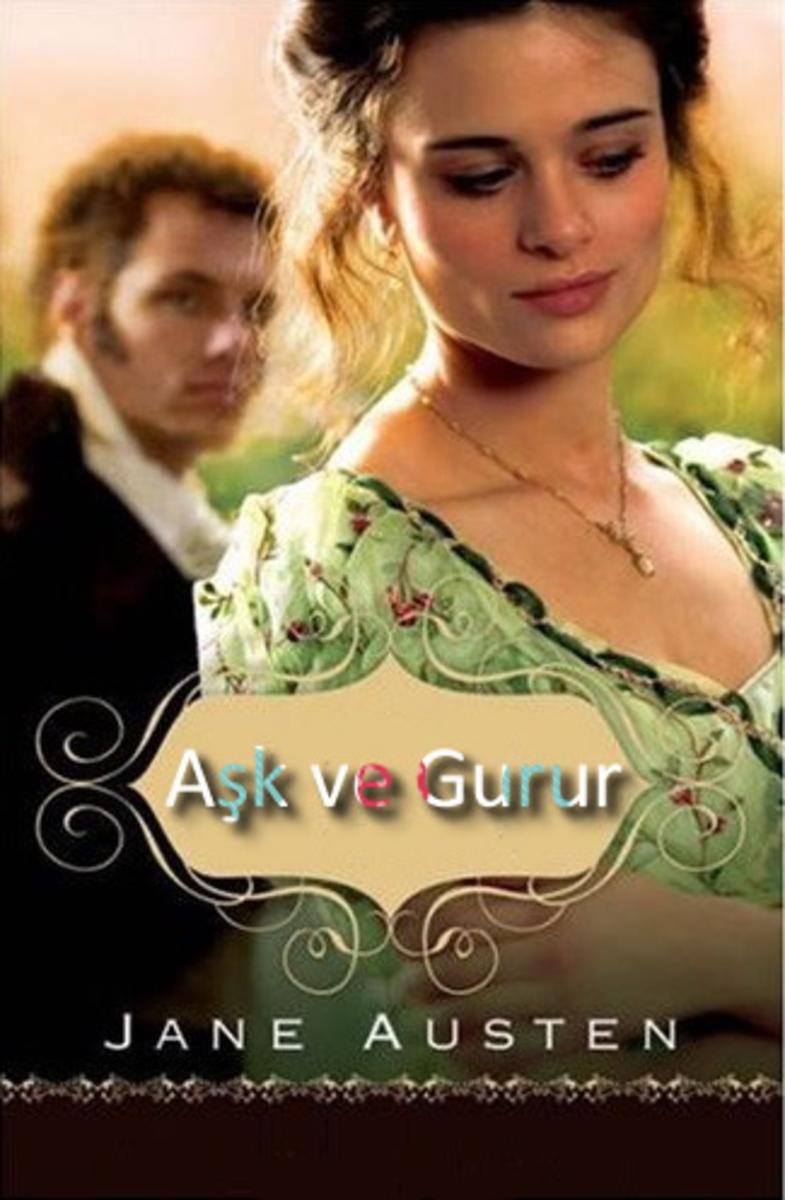
A?k ve Gurur
¥5.31
A?k ve Gurur
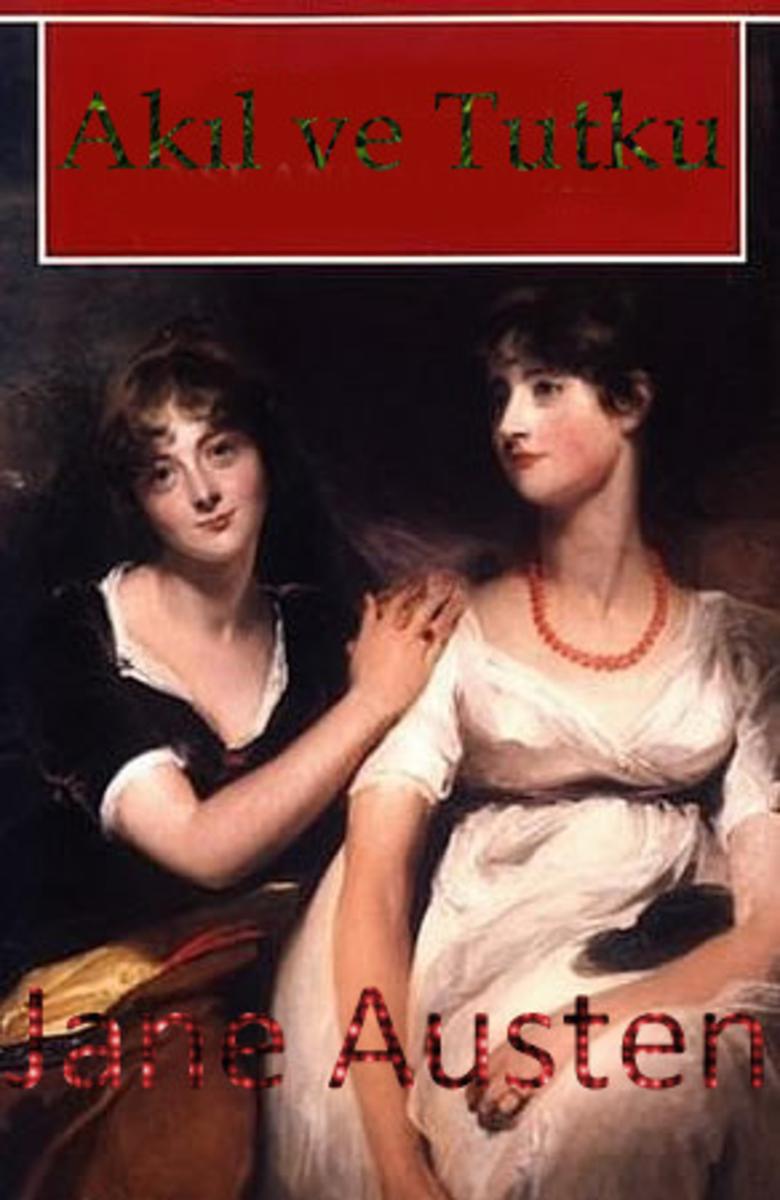
Ak?l ve Tutku
¥5.48
Ak?l ve Tutku

A Journey into the Center of the Earth
¥5.49
A Journey into the Center of the Earth
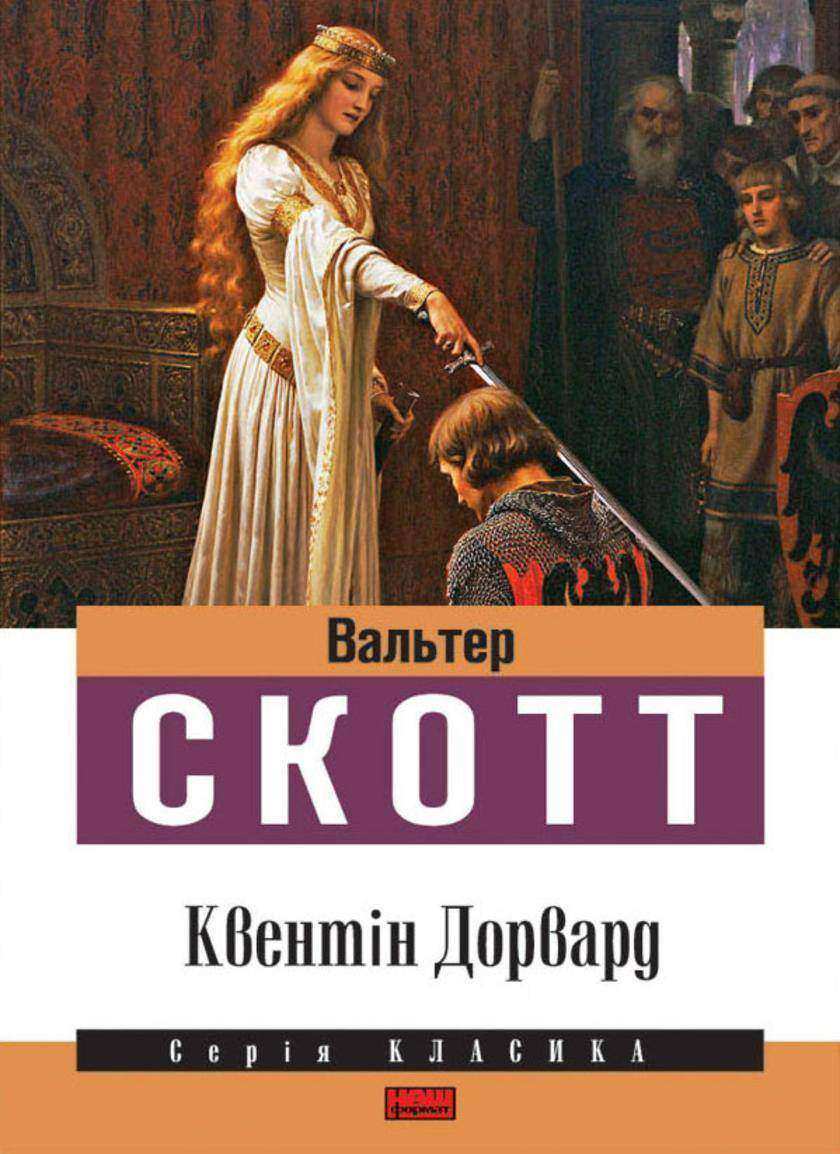
Квент?н Дорвард
¥5.72
s vezes, a única coisa verdadeira num jornal é a data, disse Luis Fernando Verissimo. Tomar ao pé da letra essa frase bem-humorada do cronista pode no ser um bom negócio. Porém, ainda mais temerário seria aceitar a hipótese oposta, ou seja, de que tudo acontece do jeito que o jornalista nos conta. Certos recursos de escrita e de edio aumentam tanto a temperatura do texto que provocam a fuso entre a fantasia e a realidade. Esse fenmeno misterioso, com seu toque de alquimia, é o que Renato Modernell investiga em A notícia como fábula.
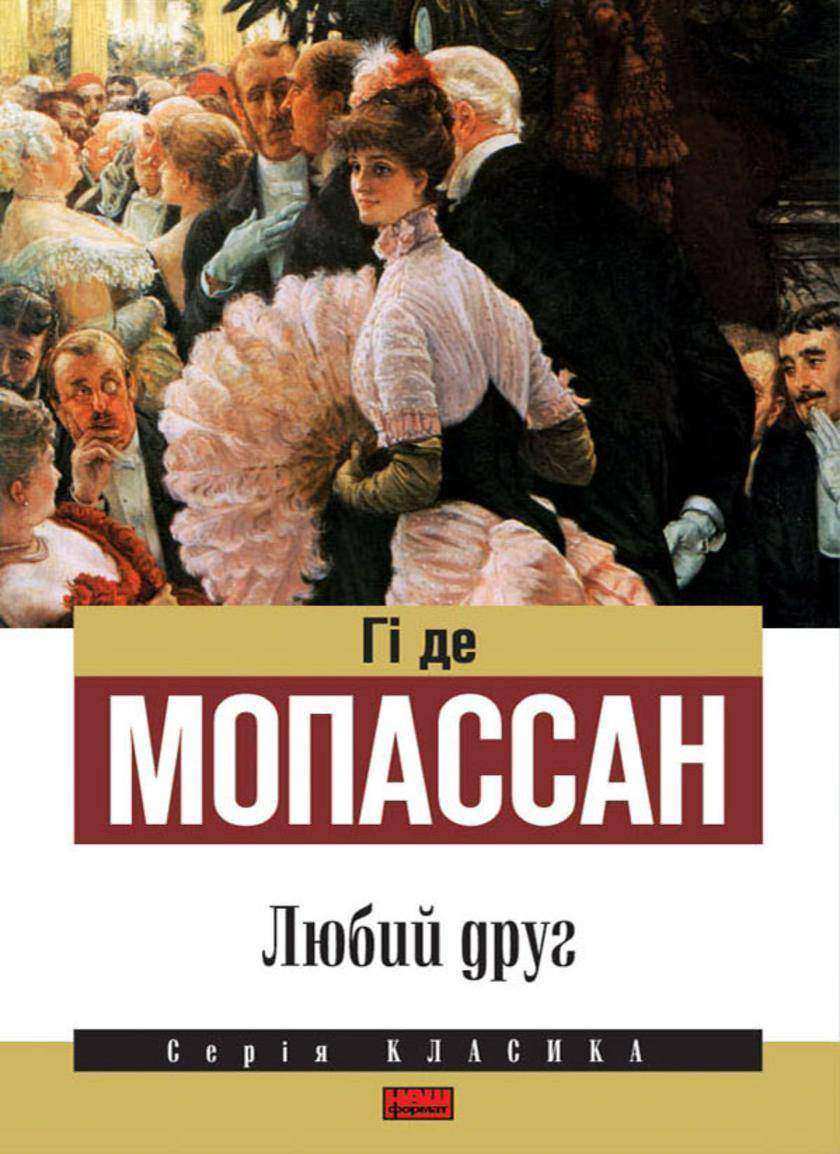
Любий друг
¥5.72
Fic??o brasileira no século XXI é um livro instigante. De leitura agradável e de interesse amplo, debru?a-se, com competência e inventividade, sobre oito escritores brasileiros contempor?neos, consagrados e premiados. O que n?o é pouco em uma tradi??o como a nossa, em que n?o se encontram muitos estudiosos de literatura que encarem o contempor?neo e consigam discuti-lo de forma a dialogar, n?o apenas com o estudioso e o especialista como também com o leitor comum interessado em literatura. Adriana Lunardi, Alberto Martins, Luiz Ruffato, Michel Laub, Milton Hatoum, Nelson de Oliveira, Ricardo Lísias e Rodrigo Lacerda encontram, por meio da leitura que deles fazem os autores deste livro, novos olhares para suas obras. E, nestes novos olhares, há um convite para novos leitores e leituras renovadas.
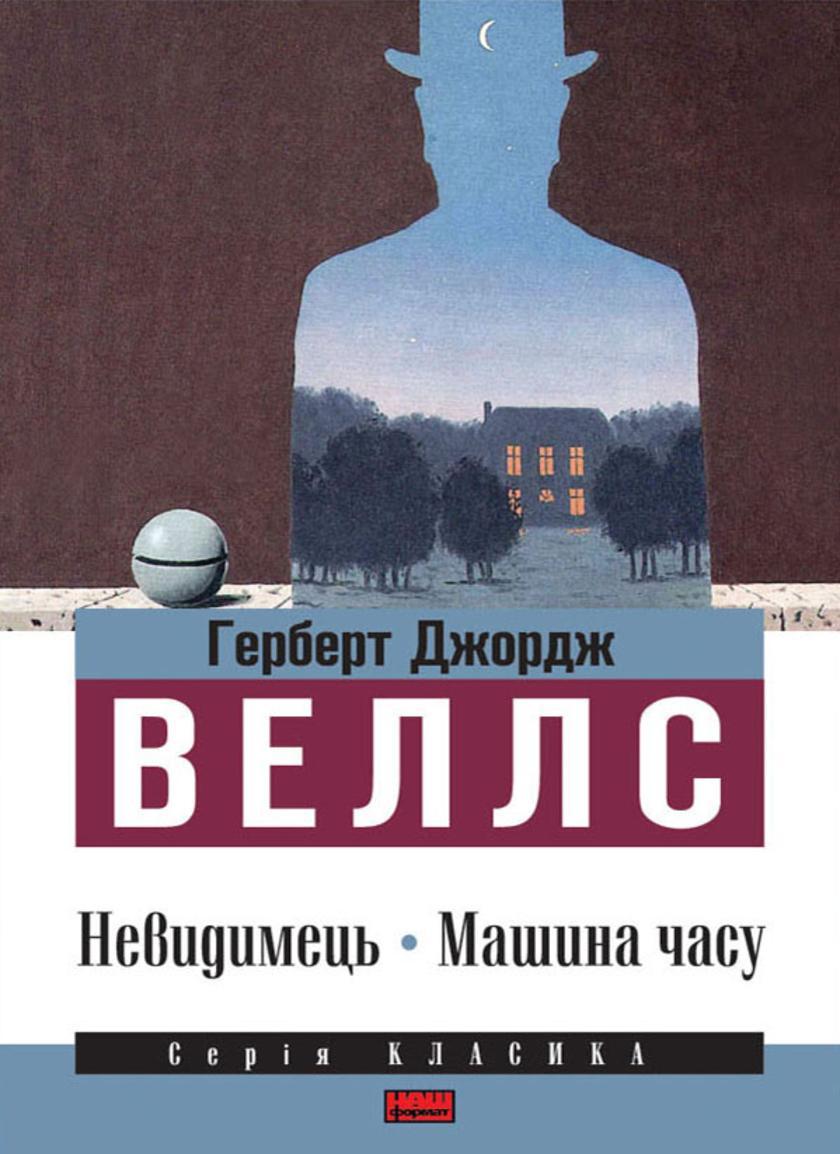
Невидимець. Машина часу
¥5.72
A obra encadeia associa??es entre os valores técnicos da língua e os valores estéticos da literatura. Realiza, ent?o, duas abordagens complementares, defi nida a unidade língua/literatura como uma díade com polos inseparáveis – a língua sustentando um código limitativo e prescritivo; a literatura alimentando a reprodu??o artística do sistema linguístico –, da fus?o de ambas resultando um efeito de sentido.
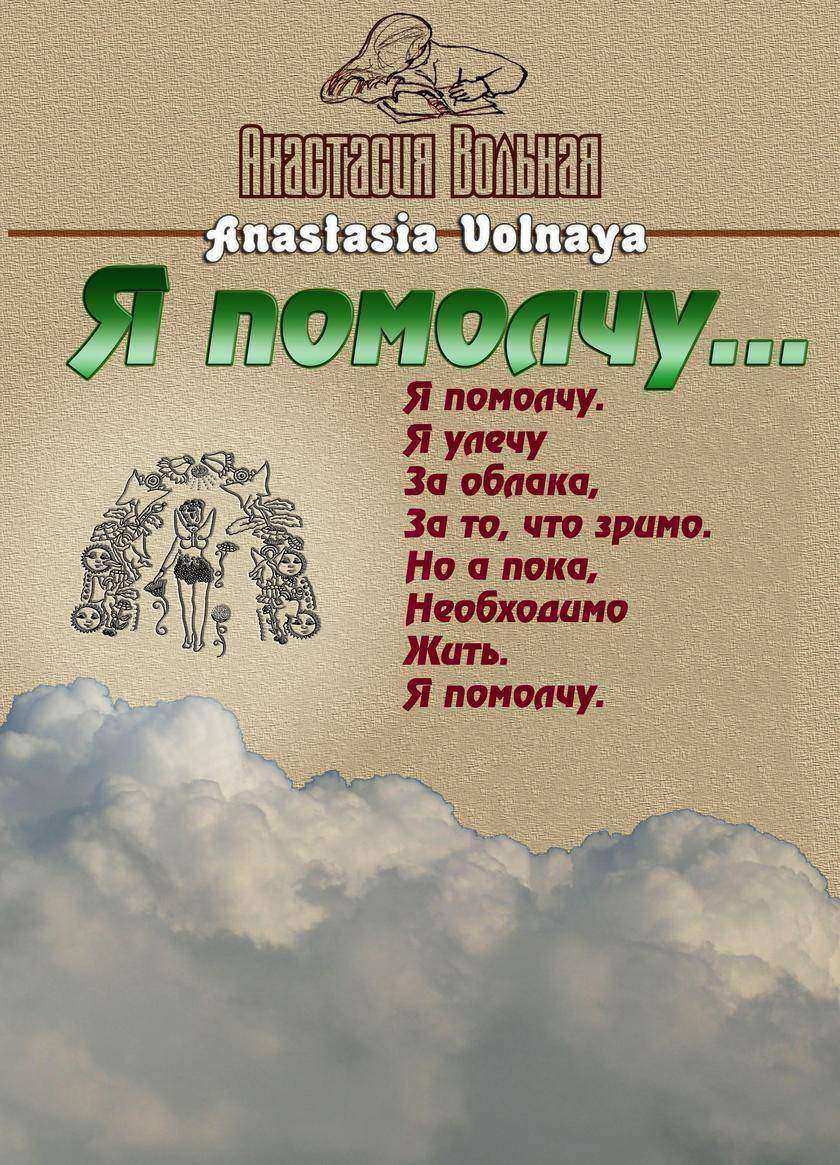
Я помолчу: I will keep silent
¥5.72
Я помолчу: I will keep silent
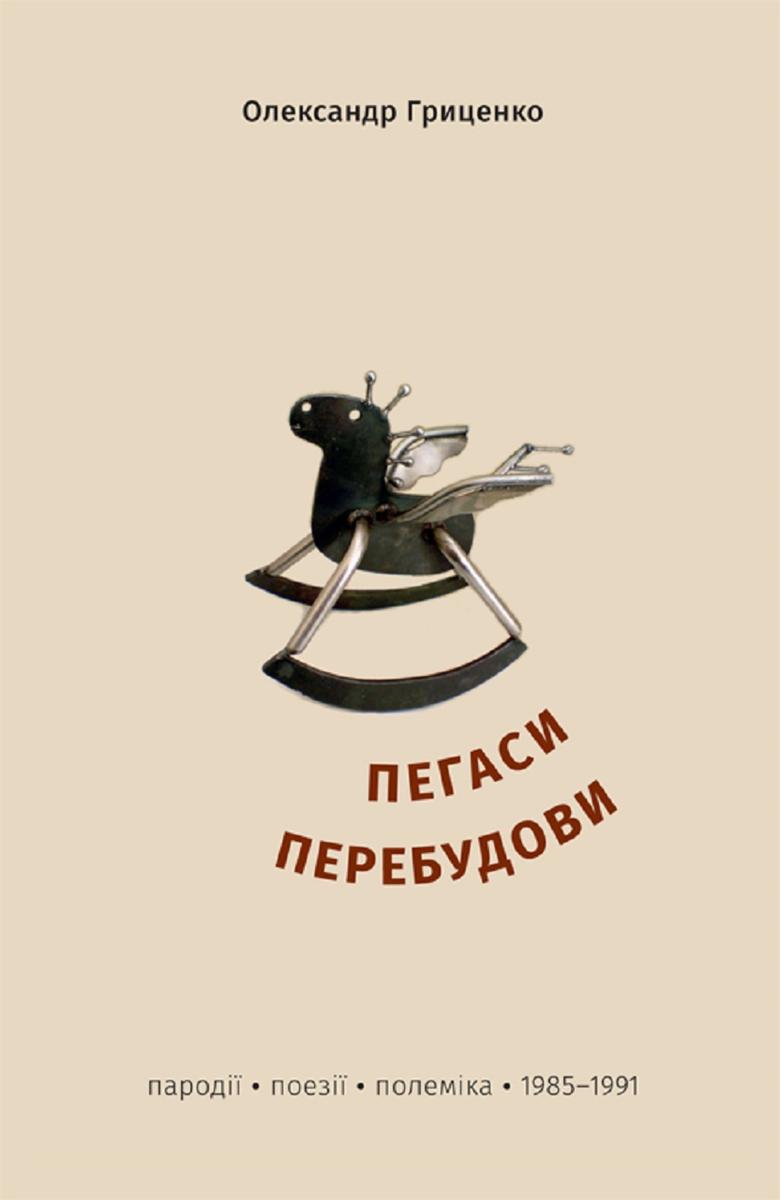
Пегаси перебудови: Парод??, поез??, полем?ка 1985–1991 рок?в.
¥5.80
Пегаси перебудови: Парод??, поез??, полем?ка 1985–1991 рок?в.

Applications to Support Normal and Critical Operations in a Tactical MLS System:
¥5.97
Applications to Support Normal and Critical Operations in a Tactical MLS System: Cybersecurity
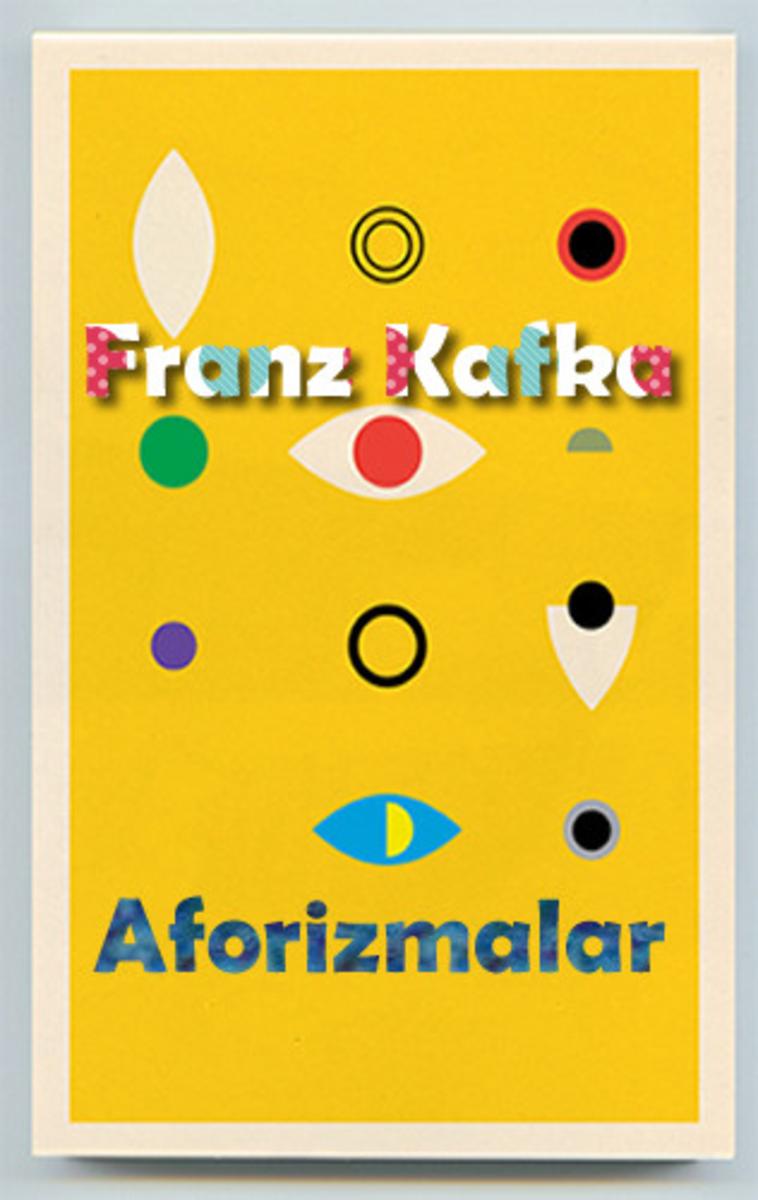
Aforizmalar
¥5.99
Aforizmalar
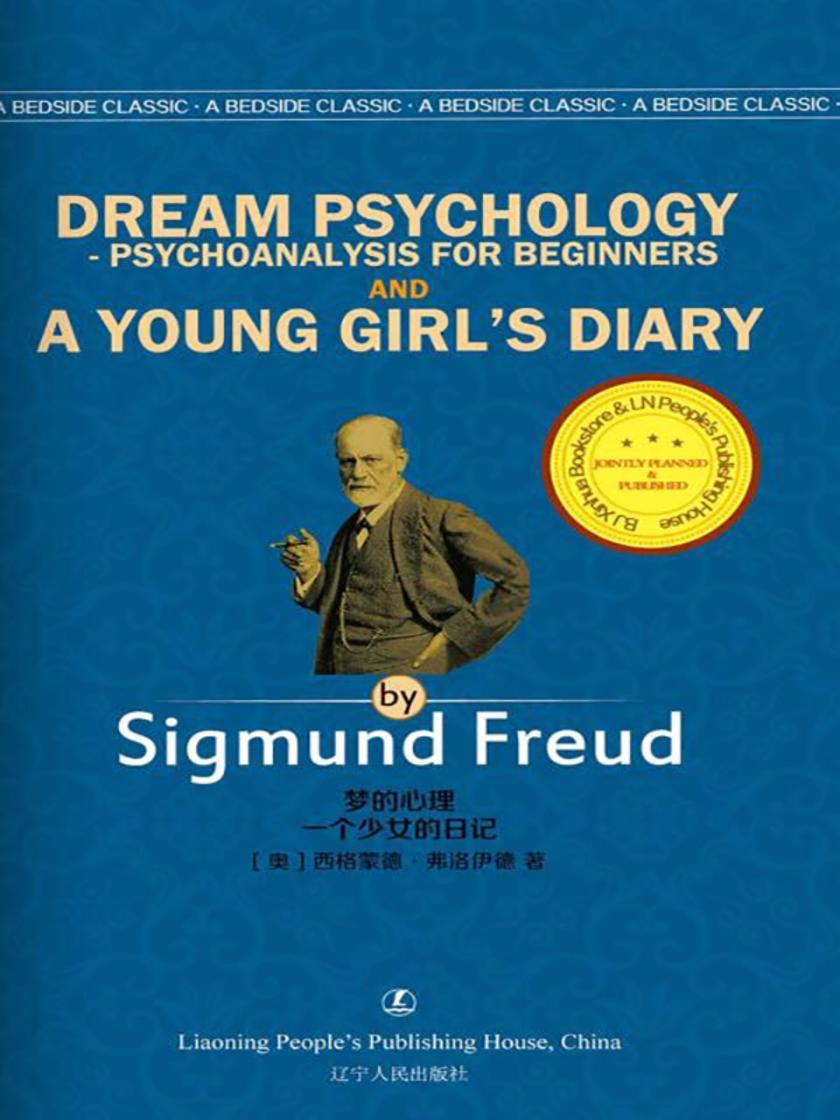
《梦的心理》+《一个少女的日记》
¥6.16
《梦的心理+一个少女的日记》:西格蒙德·弗洛伊德。 《梦的心理+一个少女的日记》:1900年,弗洛伊德开始运用临床个案,致力于分析病人的各种各样的奇怪的梦。他对梦的解释,深入到人的内心深处的潜在动机。他以“性欲论”解释梦。我们现在出版的这本《梦的心理》,则是他精神分析理论体系形成过程中一个很重要的标志性出版物。德国哲学家弗洛姆曾说弗洛伊德对梦的分析,是“现代科学对梦的分析的**原创性、著名与重要的贡献”。《一个少女的日记》记述了少女丽塔从11岁到14岁半期间成长过程中的青春思绪与豆蔻情怀。书中描述了作者与父母、与家庭中其他成员,如何相处,如何更亲密。同时书中也写了作者与别人产生的友情,是如何形成与破裂的;还有,作者也写了早恋的萌芽心态,以及对初恋对象的朦胧情感;写了神秘的性意识是如何启蒙、占据青春期少女的内心世界的;写了怎样惴惴不安地解开心结,探索爱的真谛;写了蠢蠢欲动的各种年少思想;写了家庭内部不公引发作者的愤怒;写了与老师和同学间关系的处理……文字间透露着简单、明快、犀利、爱憎分明的个性,充盈着对亲情、友情、爱情的体悟和思考,揭示出家庭因素在孩童成长和日后观念形成中产生的巨大作用,对我们理解自我曾经走过的成长之路,也大有帮助。
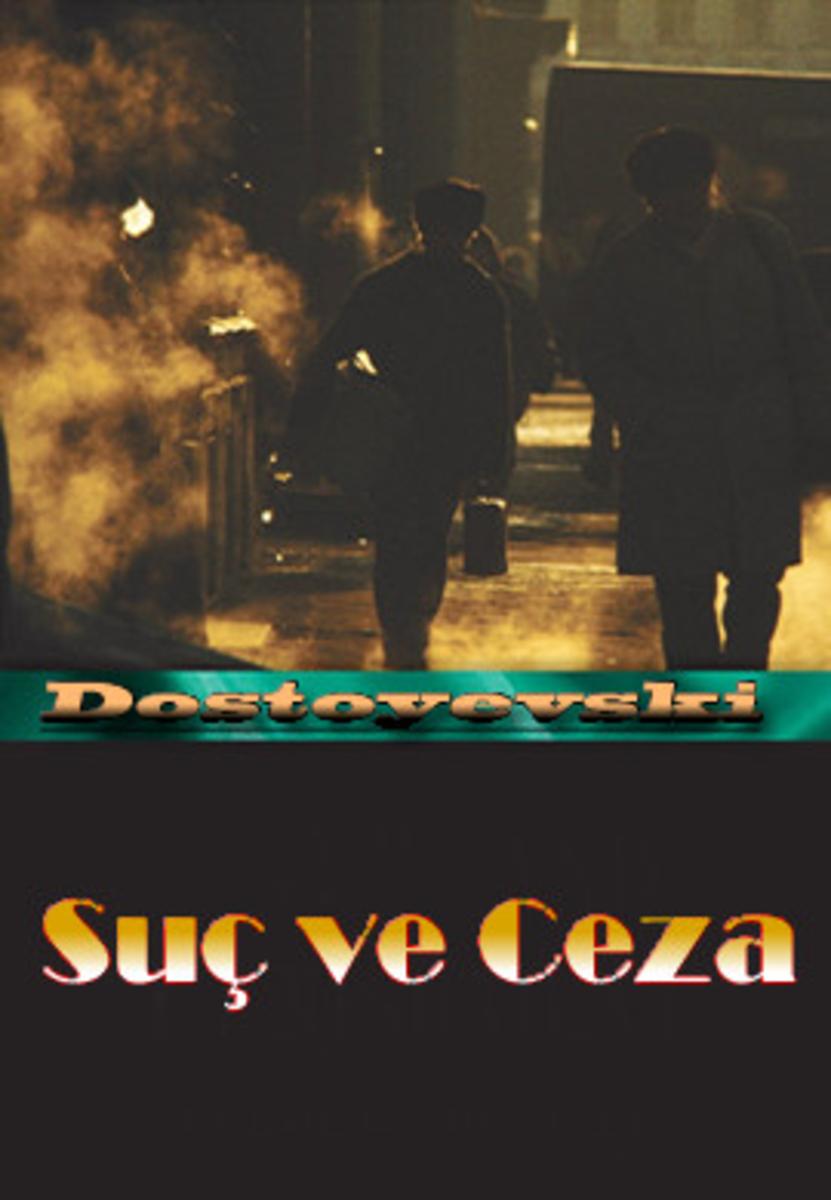
Su? ve Ceza
¥6.21
Su? ve Ceza

Mid Day Soul: Poetry Collection
¥6.38
“Mid Day Soul” a poetry collection. This is my first English poetry collection , After 17 hindi books. So please Don’t take seriously. You can say this is a effort to work with English language. I always wanted to write something for English readers. So this is for you. Thank you.
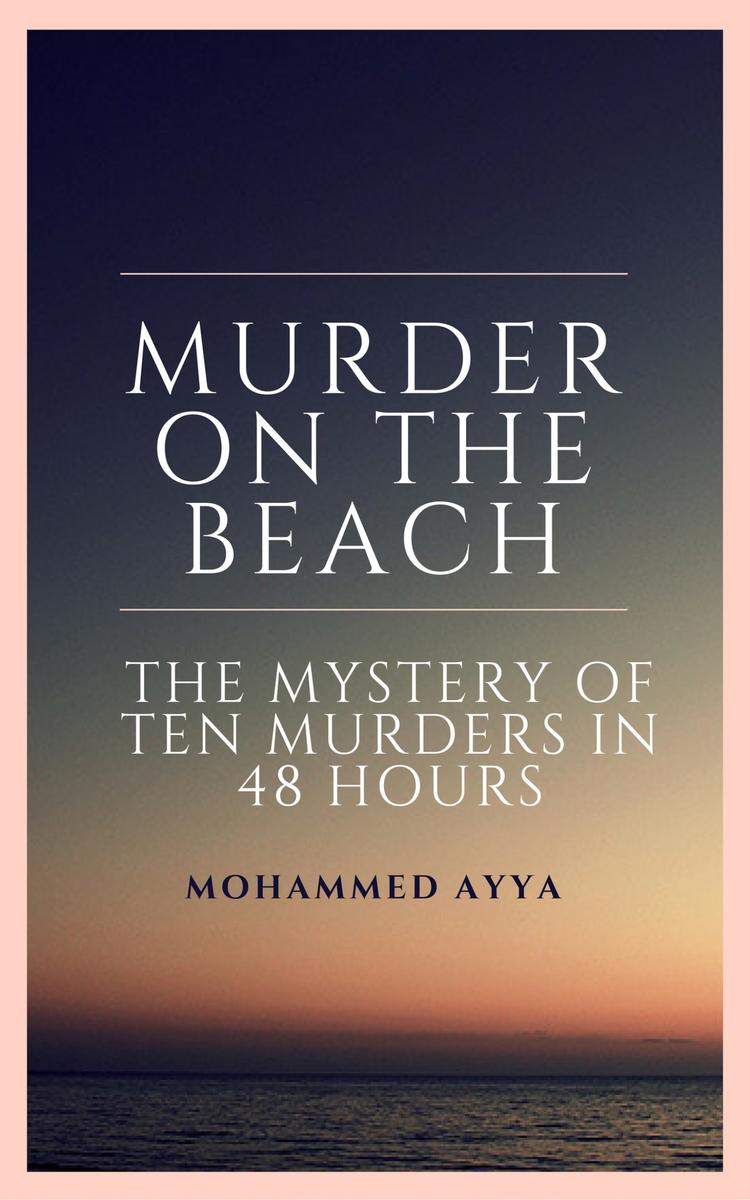
Murder on the Beach: The Mystery of Ten Murders in 48 Hours
¥6.54
Murder on the Beach: The Mystery of Ten Murders in 48 Hours

Murder on the 21st Street
¥6.70
Murder on the 21st Street
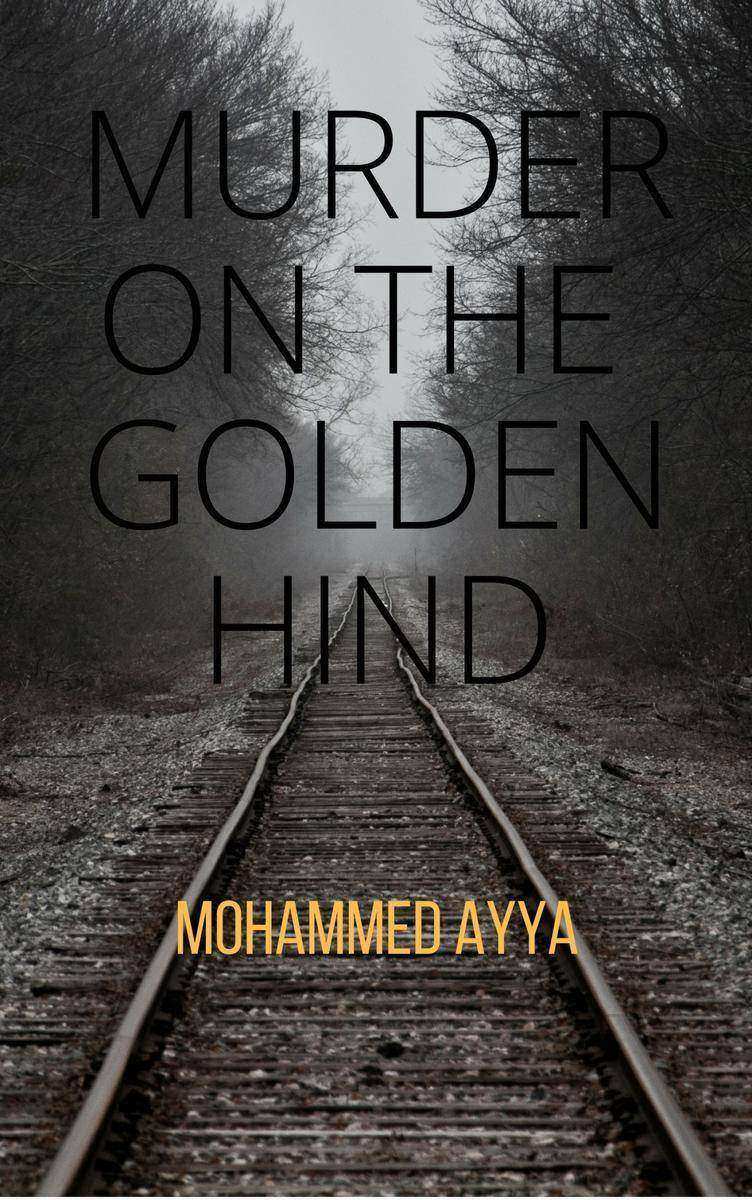
Murder on the Golden Hind
¥6.95
Murder on the Golden Hind
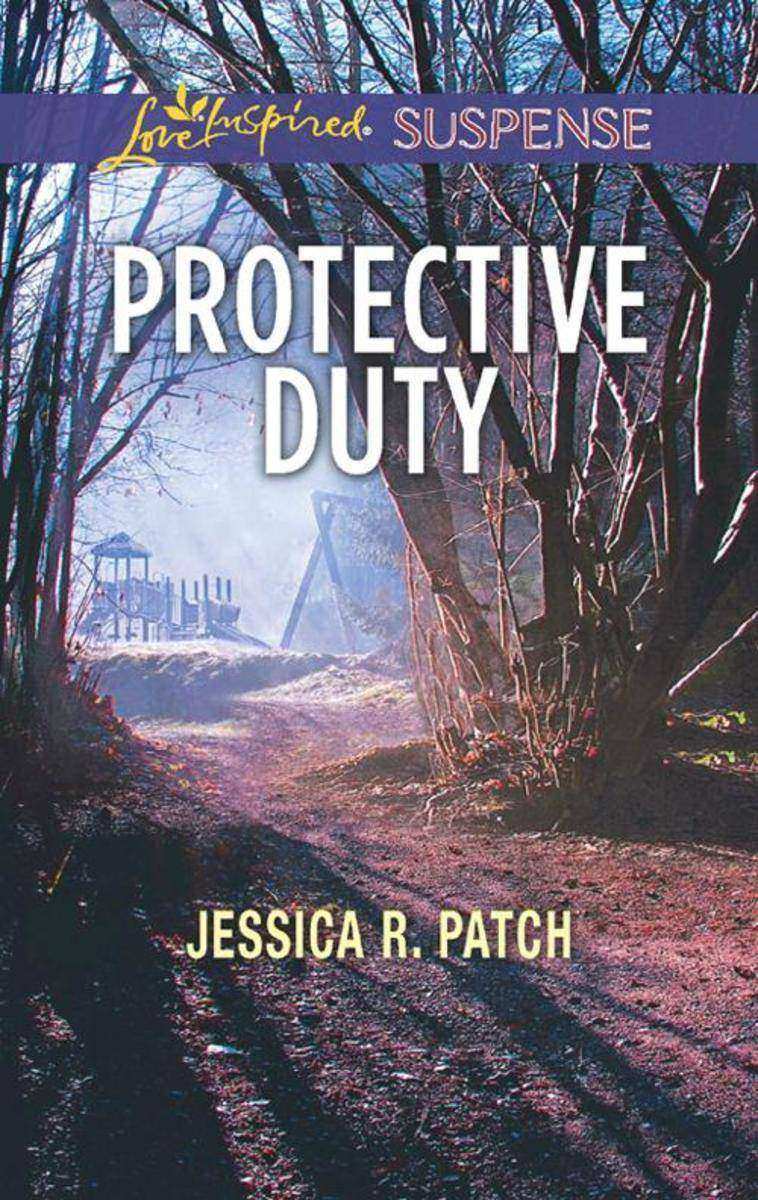
Protective Duty (Mills & Boon Love Inspired Suspense)
¥7.26
HIGH-RISK REUNION Minutes into FBI profiler Bryn Eastman’s first case since a near-fatal shooting, a brazen serial killer sets his sights on her next. Now her life—and career—is in the hands of her new partner, Detective Eric Hale—the man she once loved and lost. Racked with nightmares of the shooting and regrets for the tragedy that tore her and Eric apart, Bryn doesn't want Eric to discover the secrets she carries—but she needs him. Seeing Bryn brings back memories Eric can't control. Memories of a once-in-a-lifetime love. But the tough detective knows their only path to a second chance goes straight through a relentless killer…one who won't quit until he counts Bryn as his fifth victim.

Through The Storm (Mills & Boon Heartwarming) (From Kenya, with Love, Book 3)
¥7.26
The biggest risk she'll ever take… Tessa Henning is no damsel. But she’s definitely in distress. If her husband really is involved in the ivory trade, he’ll come after her when he finds out what she’s uncovered. Unfortunately, the only person who can help is Mac Walker. Stubborn, fiercely independent, danger-loving bush pilot Mac Walker—with whom she shares custody of their orphaned nephew. Though Mac’s no knight in shining armor, he can keep her and their nephew safe in the Serengeti while they wait out this storm. But he can’t protect Tessa from the strange weather brewing inside her, stirring up feelings for Mac she wishes she could ignore.
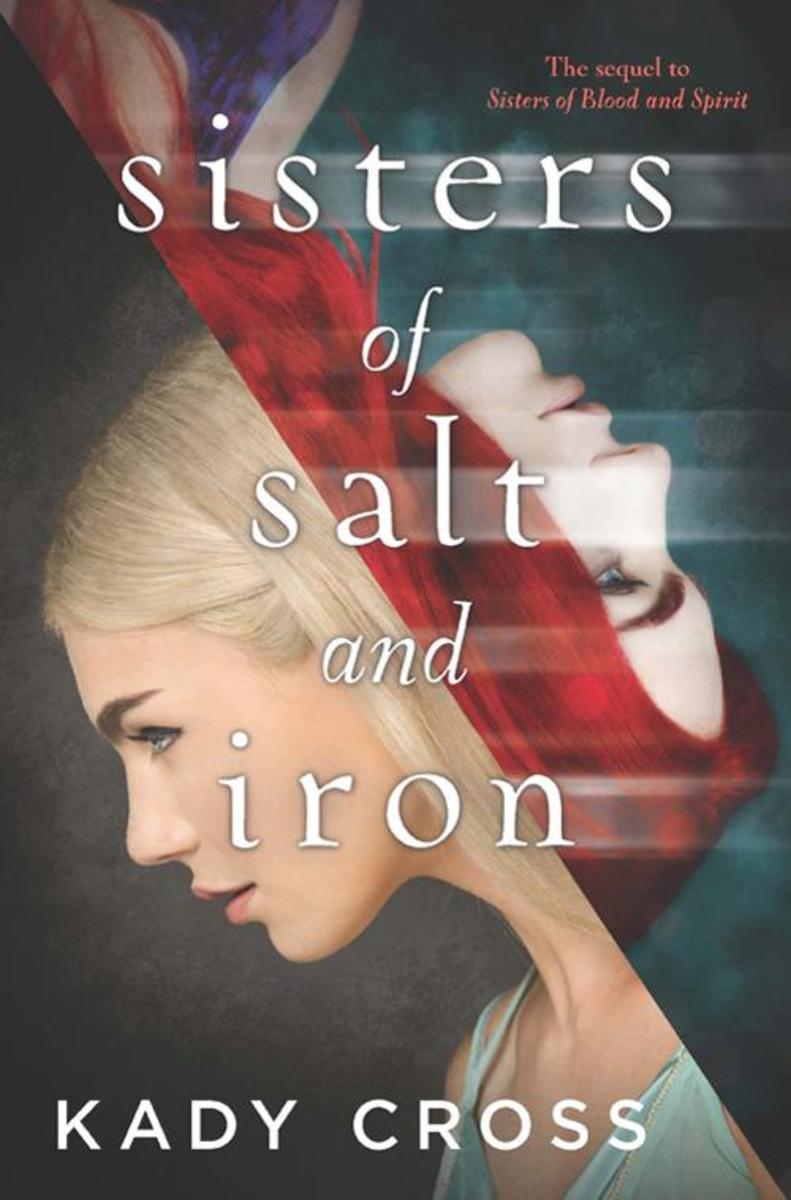
Sisters Of Salt And Iron (Sisters of Blood and Spirit, Book 2)
¥7.26
Wren was right about me—I distrusted ghosts. I never tried to hide that fact. I would really, really like to be wrong about them just once. Lark Noble is finally happy. She's trying to move on and put the events of the past behind her: the people who avoided her because she talked to the ghost of her dead twin sister, the parents who couldn't be around her anymore and even the attempt she made on her own life. She finally has friends—people who know her secrets and still care about her—and she has Ben, the cute guy she never saw coming. Wren Noble is lonely. Unable to interact with the living, she wants to be happy for her sister's newfound happiness, but she feels like she's losing her. It doesn't help that Kevin, the very not-dead guy she was starting to fall for, seems to be moving on. Then Wren meets Noah, the spirit of a young man who died a century ago. Noah is cute, he's charming and he makes Wren feel something she's never felt before. But Noah has a dark influence on Wren, and Lark's distrust of him drives the sisters apart for the first time in their lives. As Halloween approaches and the veil between the worlds thins, bringing the dead closer to the world of the living, Lark must find a way to stop whatever deadly act Noah is planning, even if it means going through her sister to do so.

Cowboy At Arms (Mills & Boon Romantic Suspense) (Cowboys of Holiday Ranch, Book
¥7.26
A Cowboy to the Rescue When single mum Trisha Cahill fled her deadly ex, she never expected to feel safe again. Yet Dusty Crawford is the protector she’s always yearned for. She can’t deny her attraction to the rugged cowboy, but how can she start a new beginning with evil lurking in her past? Dusty has been intrigued by Trisha since she and her infant son arrived in Bitterroot, Oklahoma. When her life is threatened by a stalker, he won’t hesitate to act as guardian. Trisha may be running from more than her past, but Dusty will go to any extreme to keep her safe…

Wild Melody (Mills & Boon Modern)
¥7.26
Mills & Boon proudly presents THE SARA CRAVEN COLLECTION. Sara’s powerful and passionate romances have captivated and thrilled readers all over the world for five decades making her an international bestseller. WILD MELODY Innocent seduction Catriona had left her quiet Scottish home and come to London to marry Jeremy Lord – only to find that Jeremy had forgotten all about his holiday romance. Instead, she found herself involved with his sophisticated uncle, Jason. And Jason was so out of her league. Catriona swallowed. Why was she hesitating? Every nerve, every pulse in her body was telling her that she wanted Jason. But not like this… The only sure thing in her reeling world was that Jason must never know about her foolish, hopeless feelings for him!




 购物车
购物车 个人中心
个人中心



